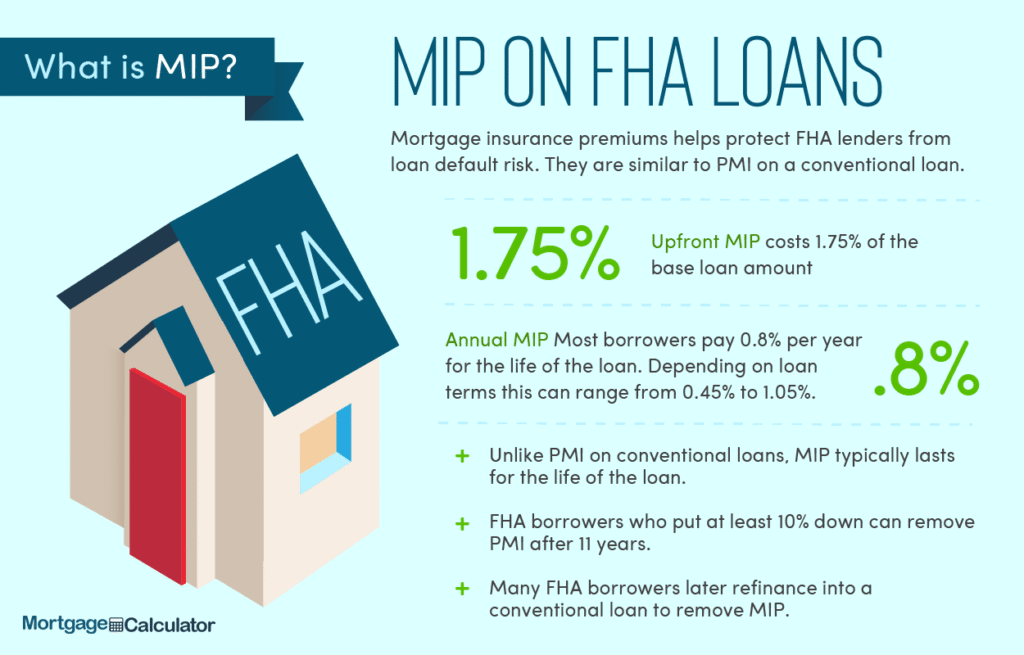Navigating the complex world of finance can often feel like trying to find your way through a maze without a map. Many individuals find themselves feeling overwhelmed and confused by their financial situation, uncertain of how to optimize their earnings, savings, and investments. Fortunately, there is a solution that can transform this confusion into confidence: enlisting the help of a financial advisor. In this post, we’ll explore how a financial advisor can simplify your finances and guide you towards financial success.
Understanding Your Financial Goals
First and foremost, a financial advisor helps you clarify your financial goals. Whether you’re saving for a house, planning for retirement, or setting aside funds for your child’s education, a financial advisor can help you define clear, achievable objectives.

Creating a Personalized Financial Plan
A financial advisor doesn’t just help you set goals; they also create a personalized financial plan that aligns with your life’s objectives. This plan serves as a roadmap, guiding your financial decisions and helping you understand the steps needed to achieve your goals.
Debt Management Strategies
Debt can be a significant barrier to financial freedom. A financial advisor can provide you with strategies to manage and reduce your debt, freeing up more of your income for savings and investments.
Investment Advice
Investing can be intimidating, especially for beginners. An advisor can demystify the investment process, explaining the risks and rewards associated with different types of investments and helping you build a diversified portfolio.
Retirement Planning
One of the most critical aspects of financial planning is preparing for retirement. A financial advisor can help you estimate the amount of money you’ll need to retire comfortably and recommend strategies to achieve this goal.
Risk Management
An often overlooked component of financial planning is risk management. Your advisor will evaluate your financial situation and recommend insurance products that can protect you and your family from unforeseen events.
Understanding Tax Implications
Taxes can significantly impact your finances. A financial advisor can help you understand the tax implications of your investments and strategies to minimize your tax liability.
Estate Planning
Planning for what happens to your assets after you’re gone is another area where a financial advisor can provide invaluable assistance, ensuring your wealth is distributed according to your wishes.
Regular Financial Check-ups
Just like your health, your financial situation needs regular check-ups. A financial advisor will monitor your finances, making adjustments to your plan as needed to stay on track towards your goals.
Navigating Financial Crises
In times of financial crisis, having a financial advisor can be a lifeline. They can provide you with strategies to safeguard your finances and help you make informed decisions during uncertain times.
Avoiding Common Financial Pitfalls
Financial mistakes can be costly. An advisor can help you avoid common pitfalls, such as emotional investing or failing to diversify your portfolio.
Access to Financial Tools and Resources
Financial advisors have access to tools and resources that can enhance your understanding of finance and improve your ability to manage your money effectively.
Enhanced Confidence in Your Financial Decisions
Perhaps the most significant benefit of working with a financial advisor is the confidence it brings. Knowing you have a professional guiding your financial decisions can make all the difference in your peace of mind.
Building Long-Term Relationships
Financial planning is not a one-time event. Working with an advisor means building a long-term relationship with someone who understands your financial history and goals.
Staying Updated with Financial Trends
The financial world is constantly changing. A financial advisor stays updated with the latest trends and regulations, ensuring that your financial plan remains relevant.
Personal Empowerment
Ultimately, working with a financial advisor empowers you to take control of your finances. With their guidance, you can make informed decisions that lead to financial success.

In conclusion, the journey from financial confusion to confidence can seem daunting, but it doesn’t have to be. With the help of a financial advisor, you can navigate the complexities of finance with ease, achieving your financial goals and securing your future.
Frequently Asked Questions
How do I choose the right financial advisor for me? Look for advisors with credentials such as CFP or CPA, and ensure they have a fiduciary duty to act in your best interests.
Can a financial advisor help with debt? Yes, advisors can provide strategies for managing and reducing debt effectively.
Is it worth paying for a financial advisor? While there is a cost, the long-term benefits of personalized financial planning, investment advice, and ongoing support often outweigh the expense.
How often should I meet with my financial advisor? This varies based on individual needs, but typically, reviewing your financial plan annually is recommended.
What should I prepare for my first meeting with a financial advisor? Gather financial documents such as income statements, investment accounts, debts, and any financial goals you want to discuss.


